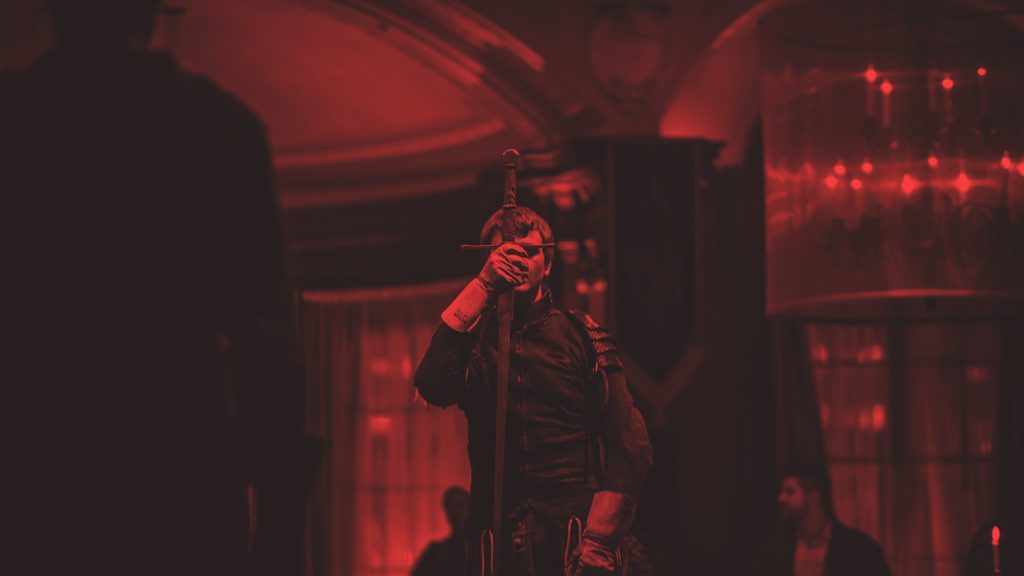Setting out to do something and then failing at it is painful. No matter how much you may try to prepare yourself for that eventuality, if you really care about something, and are truly striving for it, falling short is going to hurt. The question is: is the pain worth it?
I’d say that pain is definitely worth it, but let's consider some alternatives for dealing with the pain of failure:
1. Only try for things when you feel that success is absolutely assured.
I have many students who get caught in this trap. How do I know they’re caught? They never test themselves in anything. This is another form of seeking perfection. This is a route to the unachievable. True learning is only going to come through trial. If you seek perfection you’ll never manage to put in the effort, or face the challenges, required to achieve proficiency. Remember, mastery is a journey -- not a destination.
2. Never try for anything.
I encounter many students who tell me that they “just do this for fun” and that testing for ranks or competing just aren’t important to them. That’s actually completely fine. We don’t need to test ourselves in all things. Some things are valuable as escapes, meditative practice, or simply to keep us moving. The important thing is to be honest with yourself. Are you avoiding challenges because you fear the consequences (or the effort required to face them) or because they are not where you’re seeking value?
These two strategies may seem ridiculous, however, I’ve found few people that don’t practice them in their lives. Though most are not explicitly aware. I know I have struggled with avoidance on many occasions, especially if I had a lot of ego wrapped up in my persona around a particular activity. Failure in many cases felt like it would shatter an image of myself that either I or that others had, that I feared was false. Sometimes I feared inciting my own demons of “not good enough” by feeding them some more failure.
The reality is that I only managed to truly move forward in my life, and my practice of swordplay, when I decided to explicitly stop avoiding failure and instead give myself opportunities to change my relationship with it. The more comfortable you are with failing the more comfortable you are with trying and thus the more room there is to learn and experience new things.
